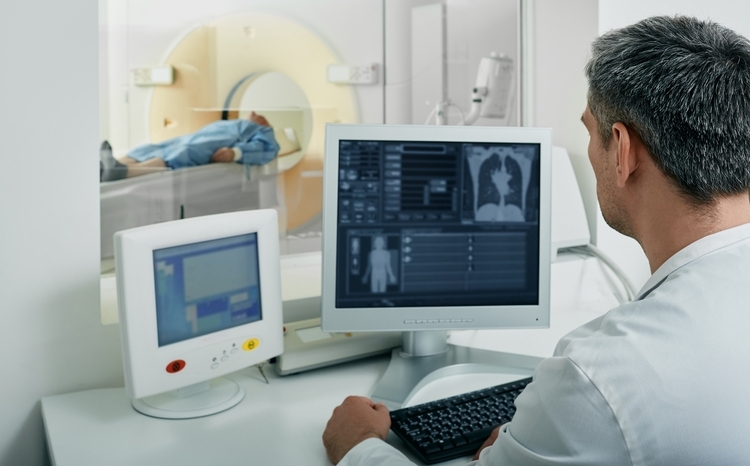Credit crunch hits UK and US hospitals
- 26 January 2009
Hospitals in the US and UK are beginning to struggle to raise the funds they need for capital investment in infrastructure and Information technology projects.
In the US the result is being seen in hospitals shelving planned investments in facilities and information technology.
In the UK an internal memo from the National Health Service reveals that the private finance initiative (PFI) hospital building programme, under which banks finance the construction of health facilities and lease them back to the health service, is now seen at risk as a result of the recession and banking crisis.
According to a BBC News report a leaked NHS memo says the hospital building programme in England could be badly disrupted by the recession, and warns there is no plan B. The UK officially entered recession in January, after experiencing two quarters of contraction.
In the US which entered recession almost a year earlier, the effects of the credit crunch are already being seen in hospitals stopping or postponing "shovel-ready projects".
A survey of over 600 US hospitals has found that the majority reported capital projects are being shelved or scaled back, due to their inability to obtain funds to upgrade their facilities and invest in new clinical and information technologies.
The new study carried out by the American Hospital Association (AHA) found that the recession and credit crunch are having a direct impact on hospital’s ability to raise the funds necessary to carry out capital investment and IT and facilities.
Nearly half of the hospitals surveyed by the AHA have postponed projects that were to begin within the next six months and many have stopped projects that were already in progress. Some 65% reported having put clinical technologies on hold and 62% reported putting IT projects on hold.
"From cancer centres to expanded emergency departments to electronic health records systems, hospitals are postponing or delaying projects that could greatly benefit health care in communities across the country," said AHA President and CEO Rich Umbdenstock in a statement.
More than eight out of 10 hospitals said they have delayed projects to update or replace aging clinical equipment or use IT to automate clinical processes.
In the US most hospitals report borrowing funds through tax-exempt bonds – the main source of borrowing for most hospitals – something they are currently finding difficult or impossible to do. Loans from banks or other financial institutions are similarly difficult to obtain.
The study comes in the week that House Democrats in the US unveiled plans for a $20 billion investment in electronic medical records as part of President Obama’s American Recovery and Reinvestment Plan.




